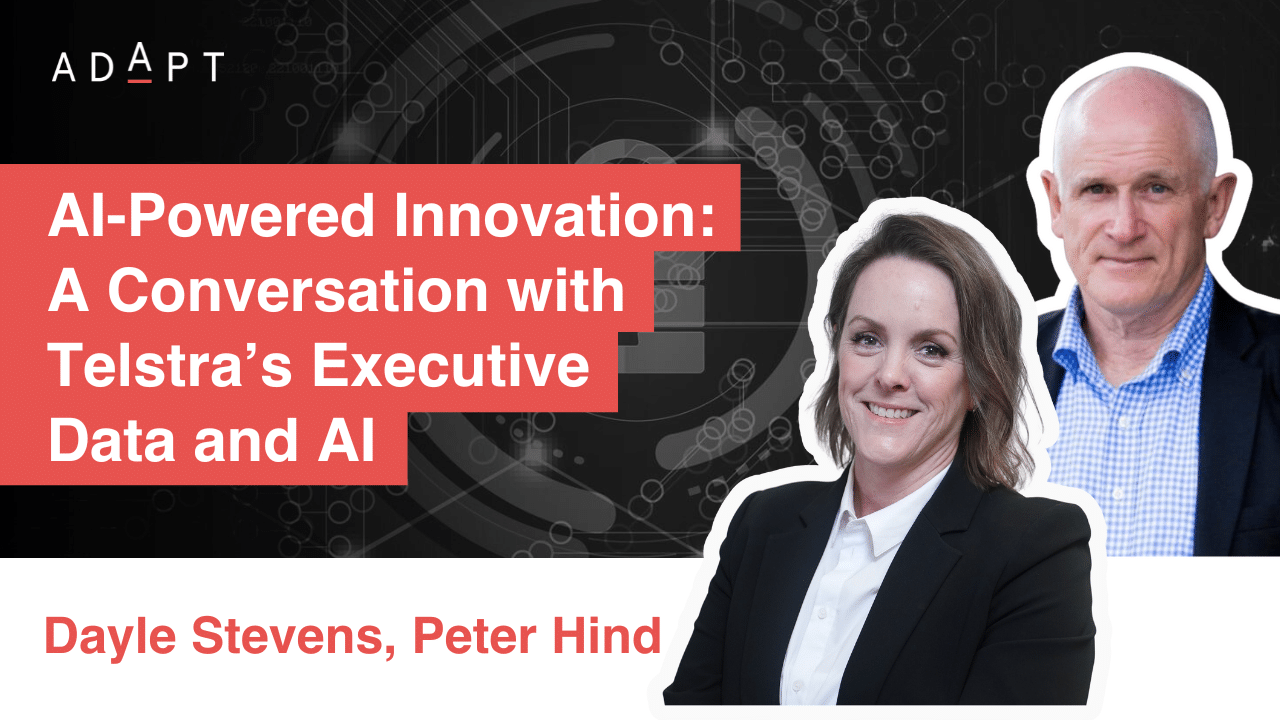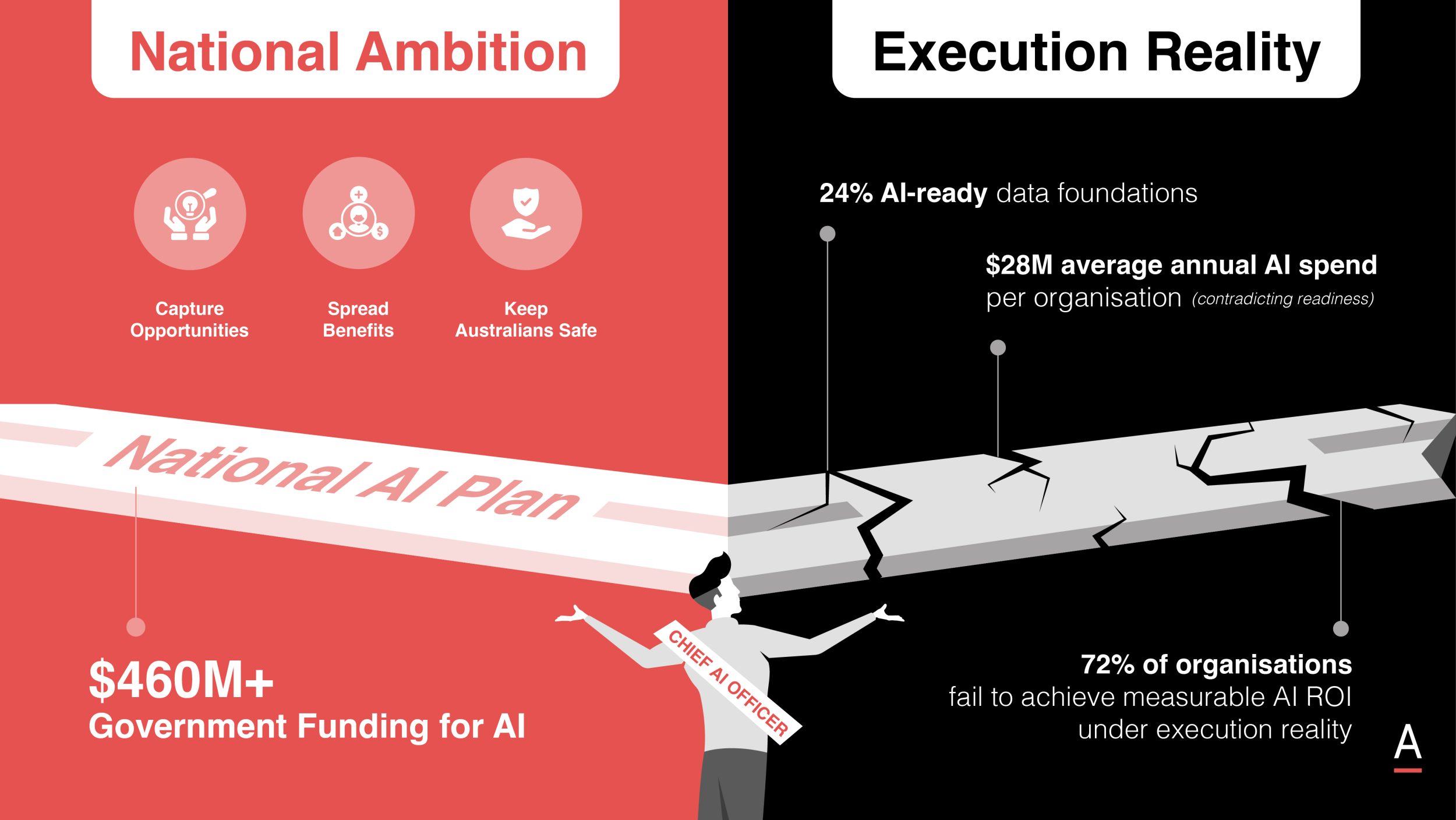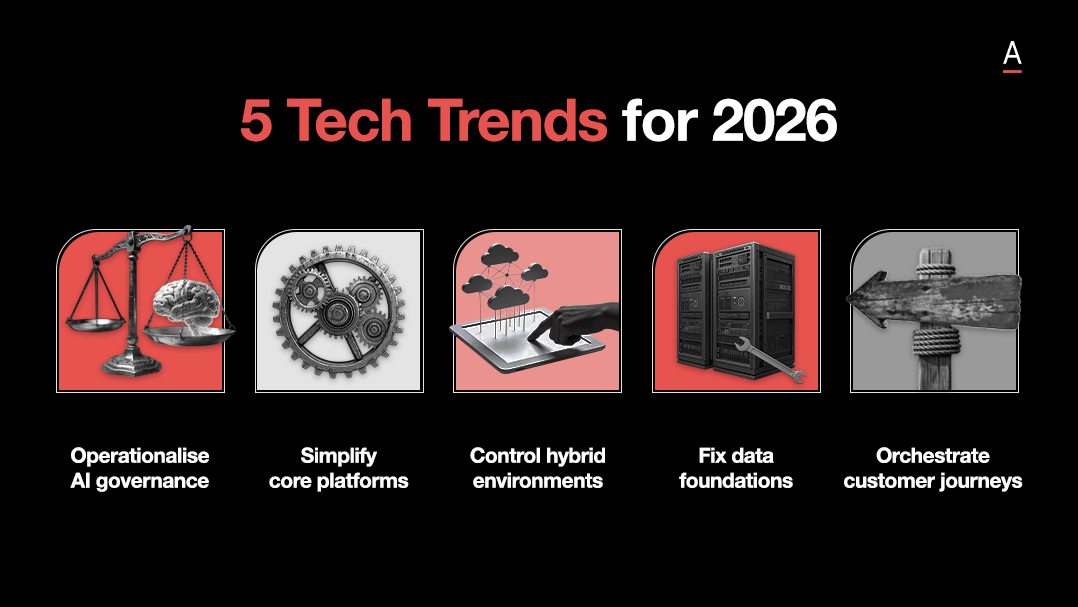Dayle Stevens, Executive – Data and AI at Telstra, shared how one of Australia’s largest telecom companies is transforming into an AI-fuelled organisation.
Dayle joins 160 Chief Data Officers and Information leaders at Data & AI Edge, discussing Mastering Data Maturity & Harnessing AI.
AI integration across the board
Dayle outlined Telstra’s ambitious goal to weave AI into every aspect of the organisation—from products and services to decision-making processes.
This isn’t about replacing people but empowering them, enhancing their ability to collaborate with advanced technologies.
Making this happen involves overhauling their data and AI tools, ensuring these are accessible and effective for all employees.
The complexity of data management
Managing data in a complex organisation like Telstra is no small feat.
Dayle discussed the extensive efforts required to catalogue and secure data following a surge of breaches both domestically and globally.
This process is complicated by Telstra’s vast and intricate IT ecosystem, which includes numerous platforms and data pipelines.
Simplifying this ecosystem is crucial for Telstra as it moves towards being an AI-driven entity.
Focused prioritisation
Rather than attempting to overhaul all data systems simultaneously, Telstra prioritises based on the potential value to the organisation and alignment with business strategies.
Dayle shared how this approach helps manage the enormity of their tasks, focusing efforts where they can make the most impact.
Practical AI applications enhancing customer interactions
Dayle highlighted some of Telstra’s practical AI applications that are already making a difference.
For instance, ‘Ask Telstra,’ a generative AI tool, improves internal knowledge management, specifically aiding frontline staff like those in contact centres and retail stores.
This tool helps staff access necessary information swiftly, improving both customer service and employee efficiency.
Another AI application, the ‘One Sentence Summary,’ helps contact centre staff by providing concise summaries of customer interactions.
This tool was piloted successfully and has received positive feedback for its ability to speed up response times and enhance customer experience.
Balancing enthusiasm for AI with practical implementation
Despite the excitement surrounding AI, Dayle is mindful of the costs and challenges of implementing AI within secure and regulated environments.
She stresses the importance of making informed investment decisions and setting clear milestones to ensure projects deliver value without merely “exploring” AI capabilities.
Collaborative efforts in AI
Reflecting on AI’s broader implications, Dayle mentioned Telstra’s involvement in national and global initiatives like the Responsible AI Principles pilot by the Australian government.
She also touched on a collaborative project with the Commonwealth Bank and Quantium to develop ‘Scam Indicator,’ a tool leveraging data from both the telecom and financial sectors to prevent fraud.
Key Takeaways:
Integrate AI Holistically: Embed AI throughout all operations to empower, not replace, staff, enriching the entire organisational workflow.
Streamline Data Management: Emphasise robust cataloguing and securing of data to manage the complexities of a vast IT ecosystem effectively.
Prioritise Strategically: Focus AI development on areas that align closely with business strategies and promise the highest impact.
Improve Access to Information: Deploy AI tools to quickly deliver essential information to frontline staff, thus improving both customer interactions and service delivery.
Commit to Ethical AI Practices: Uphold responsible AI principles to ensure AI applications respect privacy and data integrity while navigating secure and regulated environments.






























